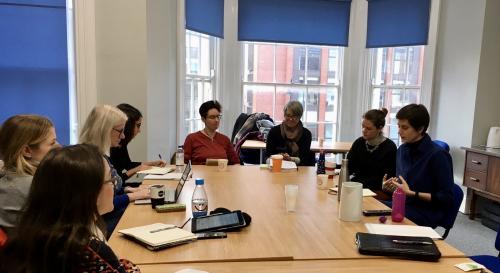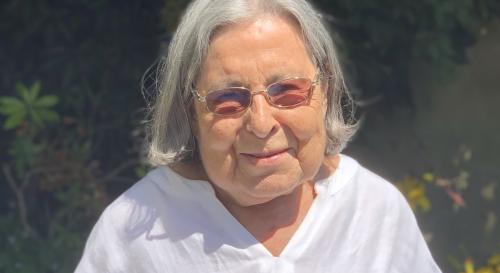
Breadcrumbs navigation
Can the state prevent? The role of the Joint Communiqué in preventing conflict-related sexual violence
In this short video abstract, Phyu Phyu Oo and Sara E Davies discuss their key arguments from their new Review of International Studies article - Can the state prevent? The role of the Joint Communiqué in preventing conflict-related sexual violence
Want to know more? You can read the full article at DOI: https://doi.org/10.1017/S0260210525101204
This is an open access article, however BISA members receive access to RIS (and to our other journal European Journal of International Security) as a benefit of membership. To gain access, log in to your BISA account and scroll down to the 'Membership benefits' section. If you're not yet a member join today.
Abstract
The state’s role in the perpetration or tolerance of conflict-related sexual violence (CRSV) is not inevitable, even in conflicts where the state may lack the capacity to prevent such violence or protect populations effectively. Prevention and protection by state institutions, including the military, requires reform that addresses not only CRSV behaviour and crimes but also gendered norms that condone this violence in existing legal and social frameworks of state institutions. This paper examines the development of the Joint Communiqués (JCs) as a rare example of an international-led security sector reform initiative between the UN and signatory states to implement reforms and practices to prevent CRSV. We examine the JCs signed to date with states that have militaries that have committed CRSV crimes. Our study of the JCs provides an opportunity to explore how reform to state-level institutional norms and practices proceeds in an environment with heavy dependence on the military state sector to cooperate in preventing CRSV. However, our findings call into question the conditions under which JCs should be promoted, especially when a signatory state refuses or resists including measures in JCs that address their institutional culpability for perpetrating CRSV and adopt survivor-centred gender-inclusive reforms.
Photo by Kyle Glenn on Unsplash


